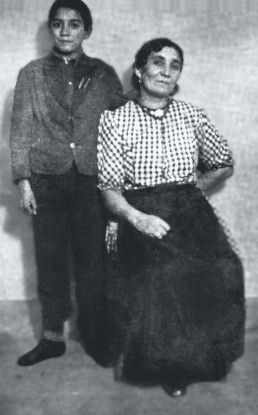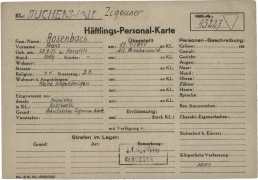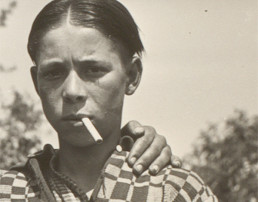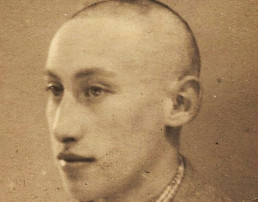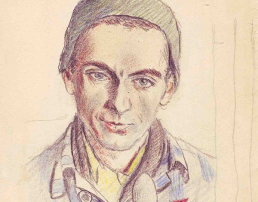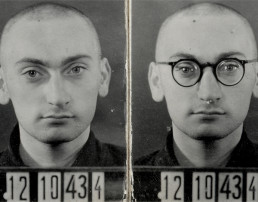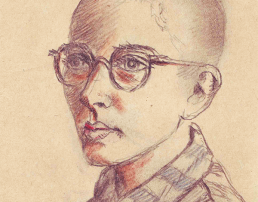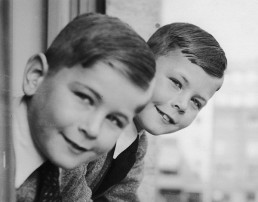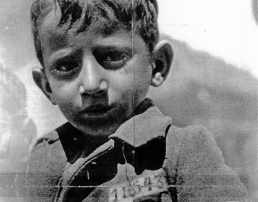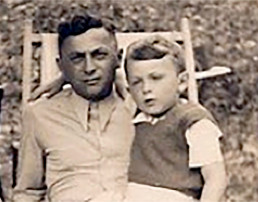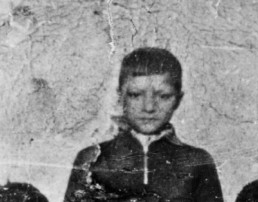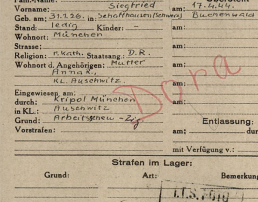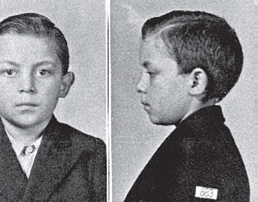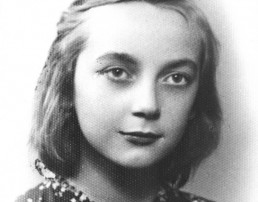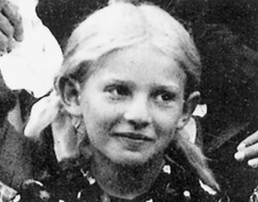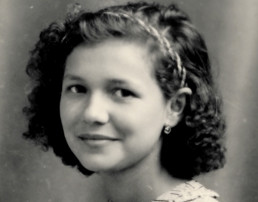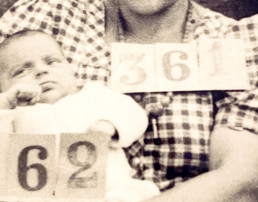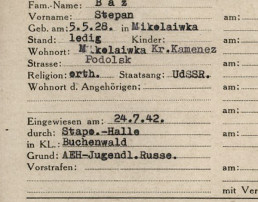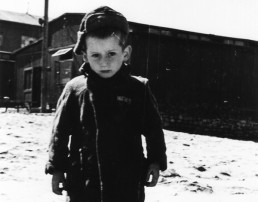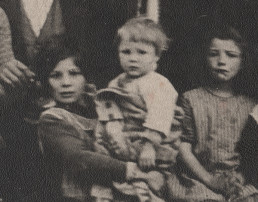Franz Rosenbach
From Vienna via Auschwitz to Mittelbau-Dora
Franz Rosenbach was born on 29 September 1927 in Horaditz (Sudetenland). In February 1943, the Rosenbach family was arrested and imprisoned in Vienna. Deportation to the “Gypsy family camp” Auschwitz-Birkenau followed in 1944. The SS then transferred the 16-year-old Franz Rosenbach to the Mittelbau-Dora subcamp via the Buchenwald Concentration Camp in April 1944. There and in the Harzungen subcamp, he was forced to perform hard labor on construction sites.
In early April 1945, he survived a death march to Dessau. Franz Rosenbach made his way back to his hometown, but found none of his family. It was not until the early 1950s that he was reunited with his sisters Julie and Mizi in Nuremberg. The three were the only family members to survive.
Franz Rosenbach had to fight for decades to obtain German citizenship, which he did not receive until 1991. He was active for many years as deputy chairman for the Bavarian State Association of Sinti and Roma. Franz Rosenbach passed away in 2012 in Nuremberg at the age of 85.
Buchenwald Concentration Camp prisoner registration file for Franz Rosenbach, 17 April 1944.
The document shows that Franz Rosenbach was arrested by the Vienna police because he was a Gypsy and subsequently deported to the Auschwitz Concentration Camp. In April 1944, he was transferred as a forced laborer to Mittelbau-Dora via the Buchenwald Concentration Camp.
(Arolsen Archives)
Franz Rosenbach recounts his experiences as a teenage forced laborer in the Buchenwald Concentration Camp, Mittelbau-Dora Concentration Camp, and Harzungen in an interview with the USC Shoah Foundation, 23 October 1998.
(Visual History Archive)
"If I had not been arrested, if I had learned my profession, today I would have a pension of maybe fifteen hundred euros or two thousand euros. I am on death’s doorstep, to put it plainly. Now I have to scrape together enough to pay for my burial expenses. It's really sad, but it's true."
Struggle for recognition and compensation. Franz Rosenbach in an interview with Bayerischer Rundfunk, 2012.
(Bayerischer Rundfunk)
